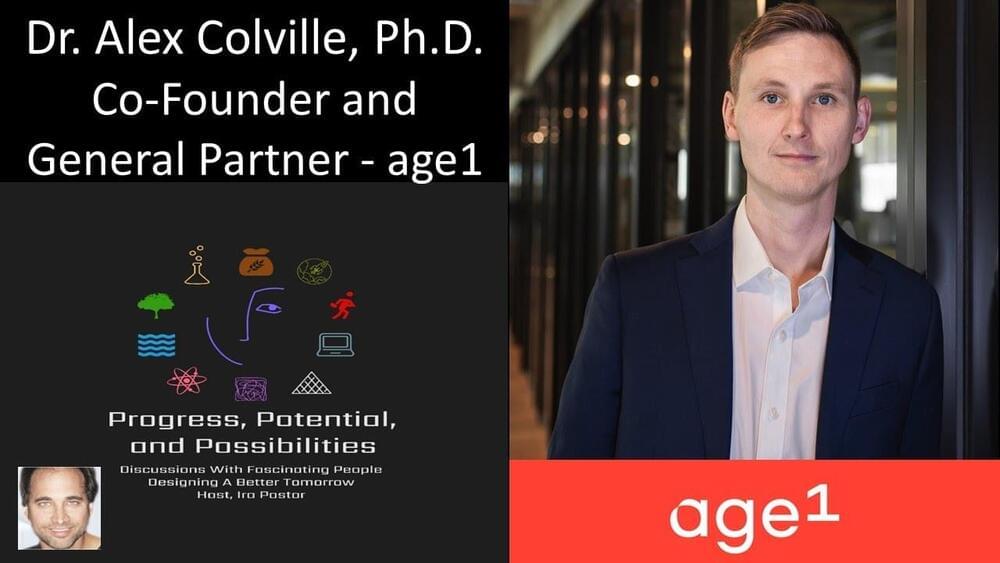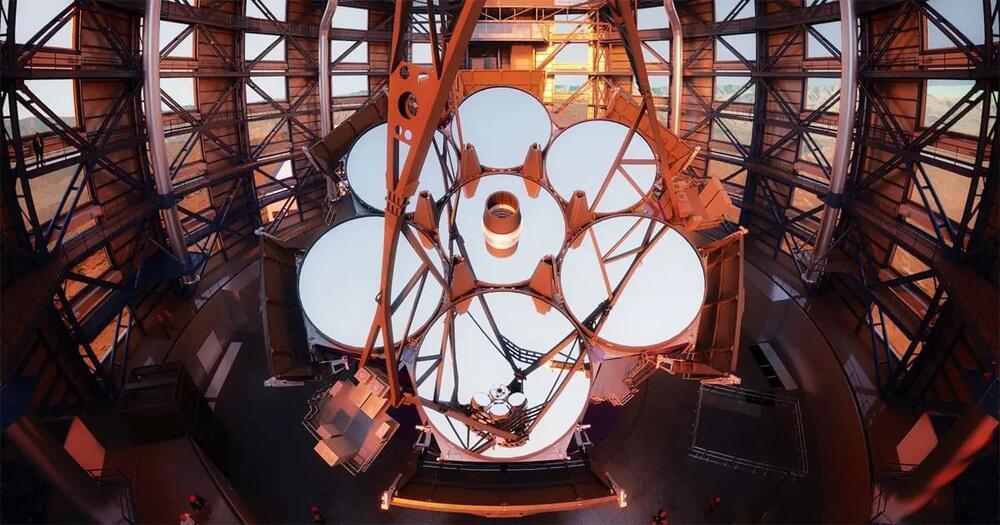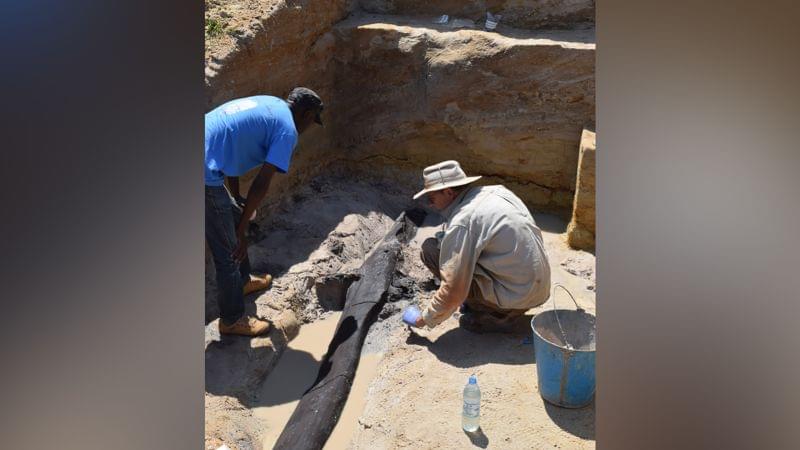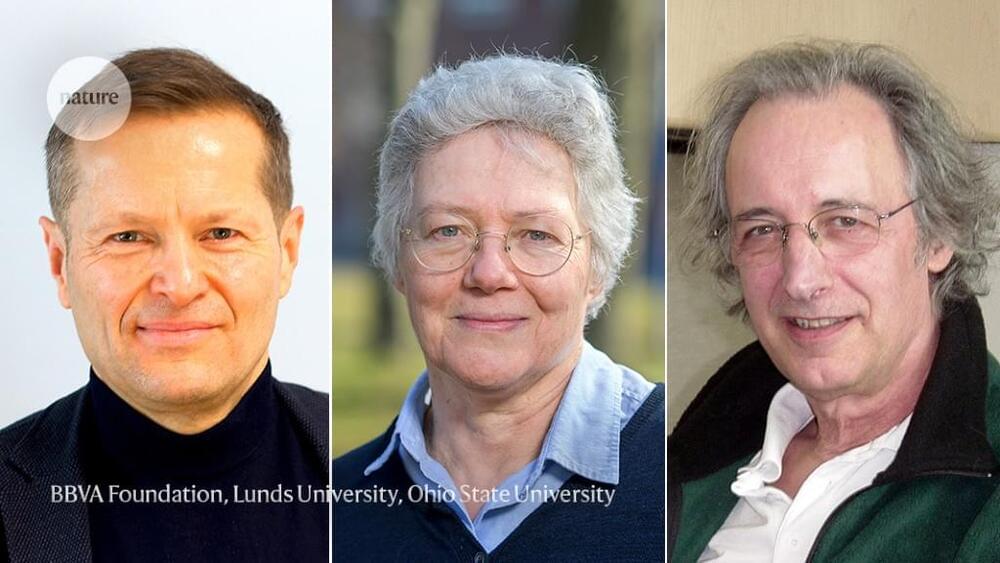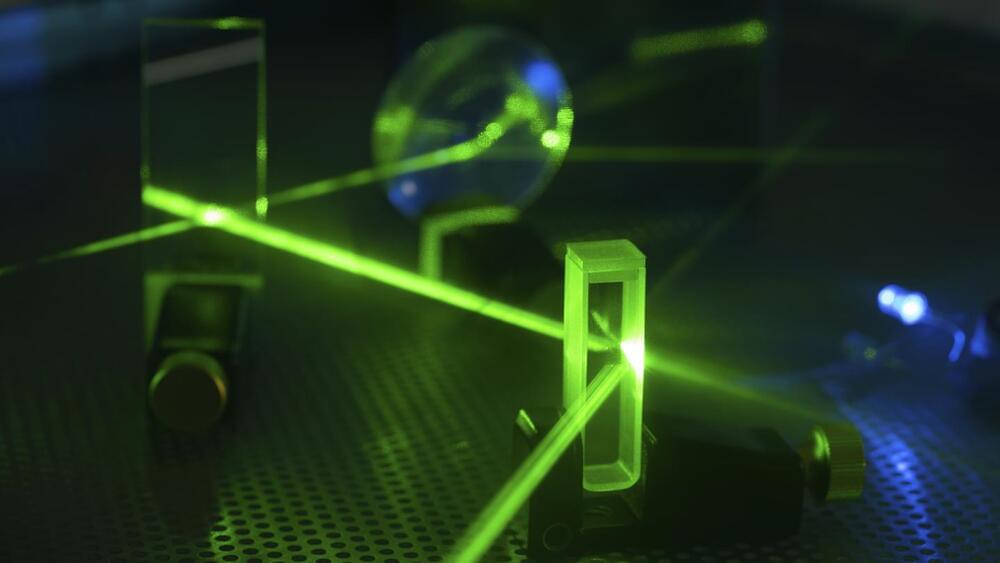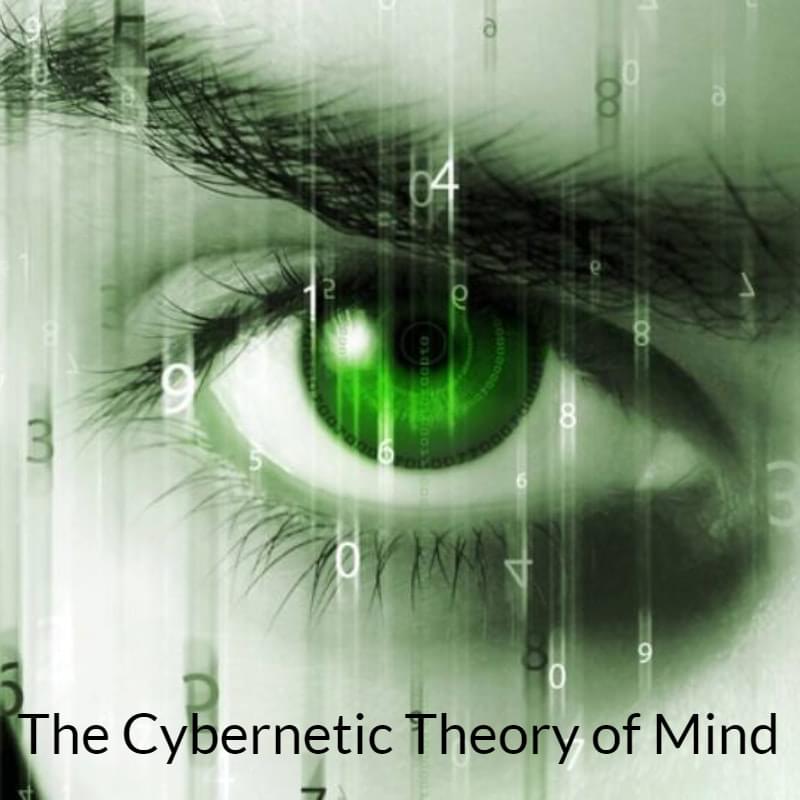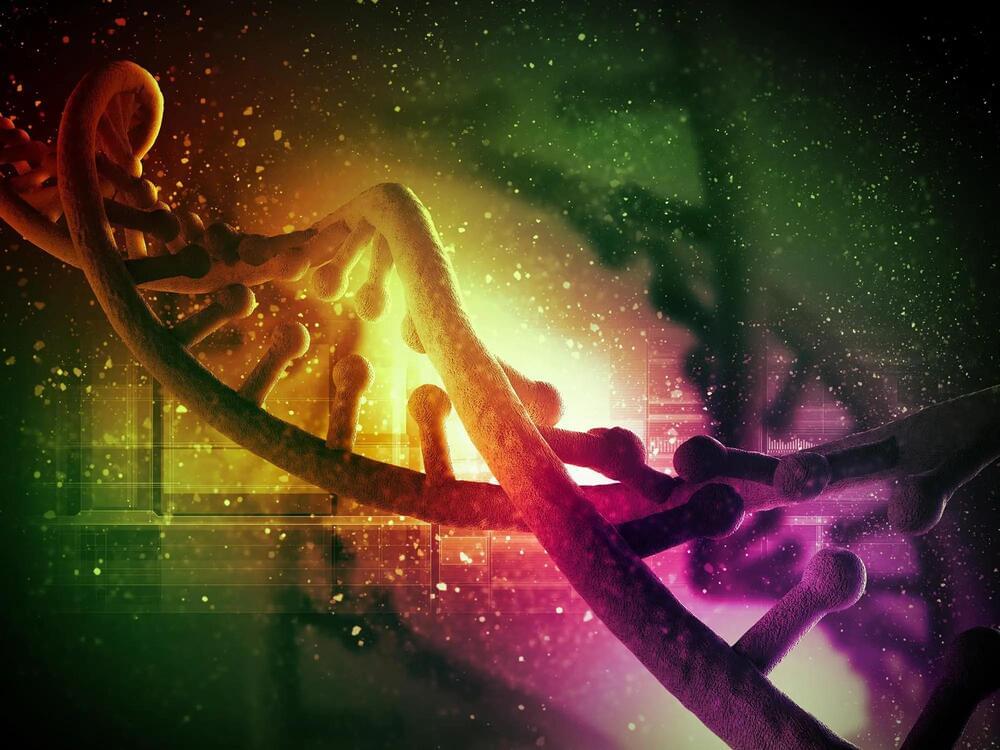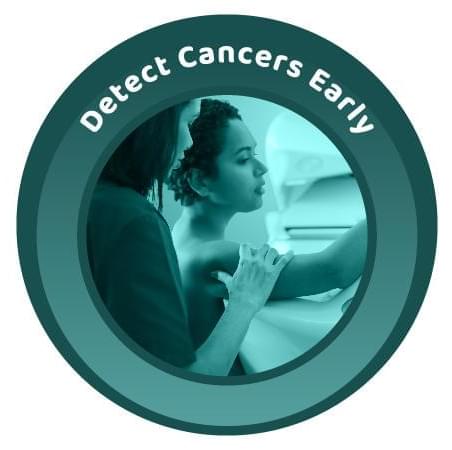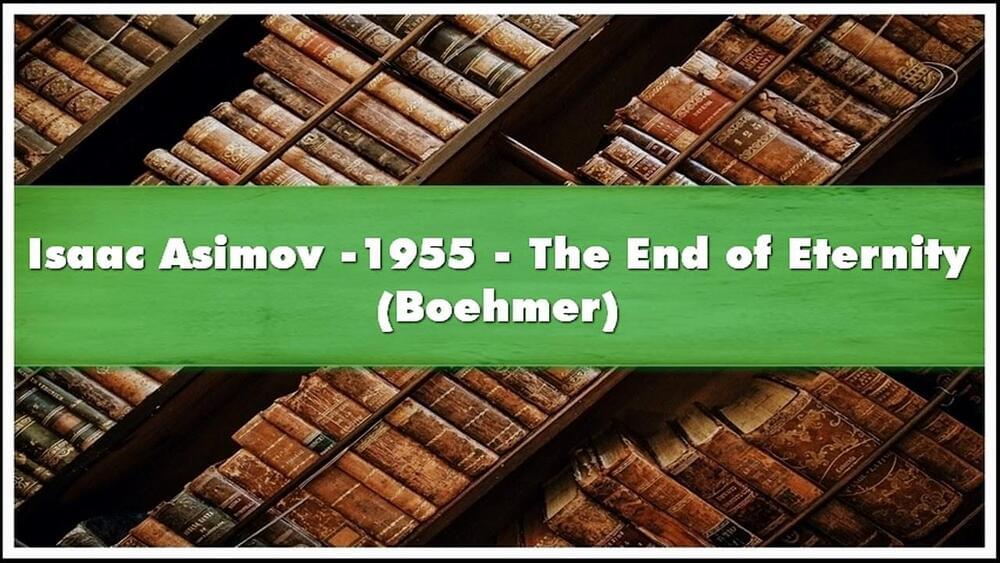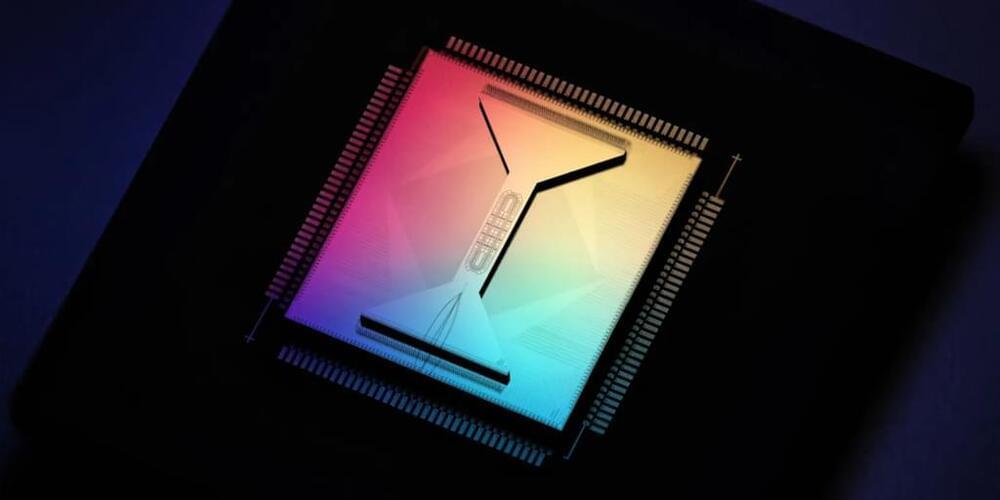Oct 3, 2023
Dr. Alex Colville, Ph.D. — Co-Founder and General Partner — age1
Posted by Ira S. Pastor in categories: bioengineering, biotech/medical, chemistry, finance, genetics, life extension
Venture Investing To Catalyze The Next Generation Of Founder-Led, Longevity Biotech Companies — Dr. Alex Colville, Ph.D., Co-Founder and General Partner — age1.
Dr. Alex Colville, Ph.D. is Co-Founder and General Partner of age1 (https://age1.com/), a venture capital firm focused on catalyzing the next generation of founder-led, longevity biotech companies, with a strategy of building a community of visionaries advancing new therapeutics, tools, and technologies targeting aging and age-related diseases.
Continue reading “Dr. Alex Colville, Ph.D. — Co-Founder and General Partner — age1” »
